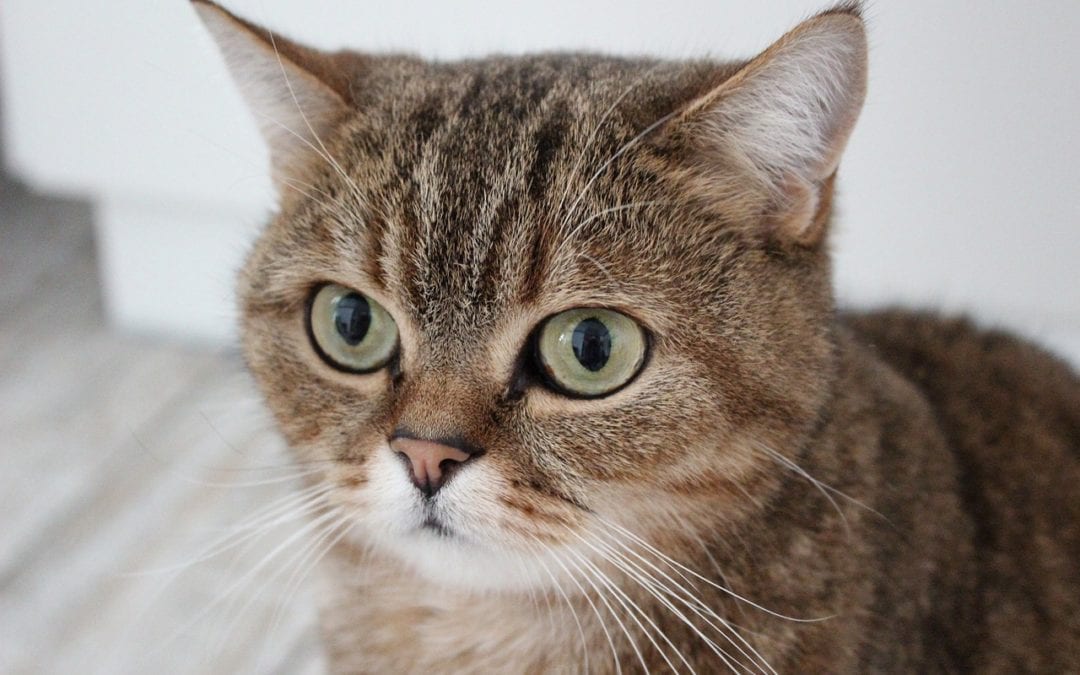By Kelly Stalpes, DVM
We’ve all heard the phrase “you are what you eat” in reference to our dietary choices. Food matters and is a large component of a healthy lifestyle not only for us, but for our pets as well. Proper diets can contribute to overall wellness, disease prevention and treatment, and longevity of life. Food is also a source of enjoyment, making it easy to overindulge at times. In fact, the most common medical condition seen in companion animals is excess weight due to excess calories and increasingly sedentary lifestyles for our pets. Over 98 million animals in the United States are affected! Part 1 of this nutrition blog series will explore the relationship between diet and a healthy body condition for our pets.
Why do I care about weight?
Animals that are overweight are at increased risk for a number of conditions, including metabolic and endocrine disorders (ie: diabetes), orthopedic conditions, kidney dysfunction, and some types of cancer. A monumental study that followed dogs through their entire lifespan found that when comparing dogs fed as much as they wanted to eat, to dogs fed 25% less food, the dogs fed the restricted diet lived longer and had delayed onset in signs of chronic disease. This study underscores the importance of the influence of a healthy body weight on disease prevention and improved longevity and quality of life for our pets.
How do I know if my pet is a good weight?
Just like with humans, animals come in many shapes and sizes. Different breeds and individuals will have different weights and body shapes that are considered healthy. Veterinarians use a system called Body Condition Scoring (BCS) to help determine if your animal is at a healthy weight. Important areas of evaluation include the waist, abdominal tuck, and amount of fat covering the ribs. Examples of body condition scoring in dogs and cats can be found through the links at the bottom of this post. Your veterinarian can help you understand where your pet falls on the spectrum and whether or not a dietary change is warranted.
How do I effectively implement a weight loss plan?
Losing weight can be just as tricky for our animals as it is for us. Talk to your vet to help develop a plan for a consistent and healthy rate of weight loss through exercise, caloric restriction, and food selection. When you come in for your appointment, it is helpful to know the specific type of food you feed, amount, frequency, and any treats you feed your pet so your vet can come up with a plan. Sometimes a special diet is necessary in order to provide adequate nutrient levels while reducing overall calories. In some animals, modification of the amount or type of treats may be all that is necessary. Treats are frequently a source of excess calories and shouldn’t comprise more than 5% of the calories in the diet. Switching to lower calorie treats or veggies (ie: carrots) may be warranted.
Maintaining a healthy weight in our pets can lead to longer lives and improved overall health. However, losing weight can be tricky. In overweight pets, just reducing the overall quantity of food may not be appropriate and may lead to malnourishment, so it is important to consult your veterinarian before making significant changes to your pet’s diet. Wellness visits are a great time to discuss your pet’s weight and body condition score. Please call the clinic at 963-2371 to make an appointment if you have questions or concerns about your pet’s weight.
World Small Animal Veterinary Association BCS website link:
http://www.wsava.org/sites/default/files/Body%20condition%20score%20chart%20dogs.pdf
http://www.wsava.org/sites/default/files/Body%20condition%20score%20chart%20cats.pdf

